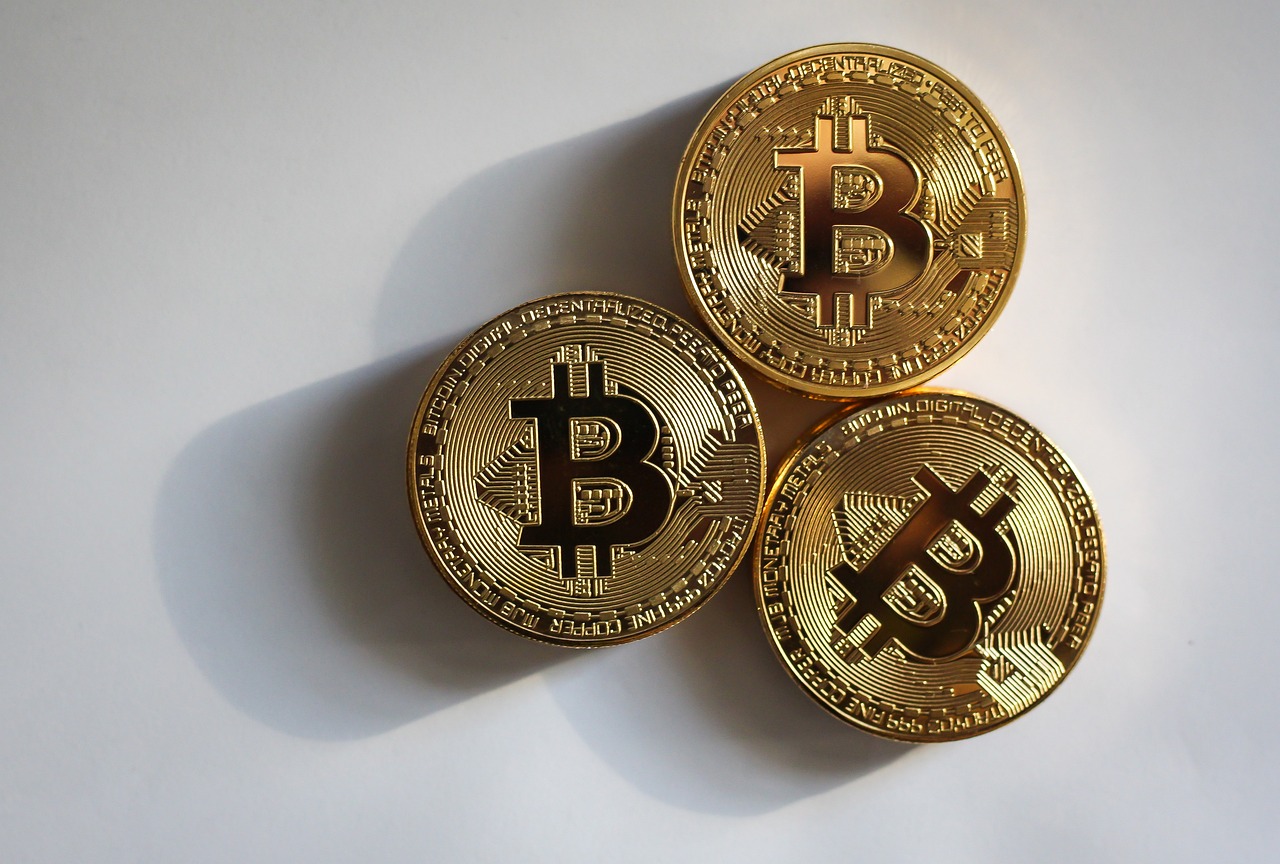Gas Fees: Understanding the Fuel for Blockchain Transactions
Gas fees are an integral part of blockchain technology, powering the execution of transactions and ensuring network security. This comprehensive guide delves into the complexities of gas fees, explaining their purpose, factors influencing their value, and practical tips for managing them effectively.
What Are Gas Fees?
Gas fees are a payment made to network miners or validators for processing transactions on a blockchain. They represent the computational effort required to execute a transaction and are used to reward miners for their contributions to the network.
Types of Gas Fees:
- Computation: Fees charged based on the amount of computation required to execute a transaction.
- Storage: Fees associated with storing data on the blockchain.
- Network: Fees charged to prioritize transactions and ensure faster processing.
Factors Influencing Gas Fees
Network Congestion:
The higher the number of transactions competing for limited block space, the greater the gas fees. This congestion can occur during periods of high network activity or when popular applications release updates.
Transaction Complexity:
Transactions that require more computational resources (e.g., smart contract interactions) typically have higher gas fees than simple transactions.
Block Size Limit:
The maximum size of a block on a blockchain determines the number of transactions that can be processed per block. A smaller block size limit leads to increased gas fees during periods of high network usage.
Managing Gas Fees
Estimate Gas Fees:
Many wallets and cryptocurrency exchanges provide estimated gas fees for transactions. These estimates help you plan your transactions and avoid unexpected costs.
Adjust Gas Limit:
The gas limit is the maximum amount of gas you are willing to spend on a transaction. Setting a higher gas limit increases the likelihood of your transaction being processed quickly but also increases the potential fees.
Time Your Transactions:
Gas fees tend to be lower during off-peak hours and on weekends when network congestion is reduced. Scheduling your transactions during these times can save you significant gas expenses.
Consider Gas Fee Optimization Tools:
Certain tools and services allow you to optimize your gas fees by finding the most efficient transaction routes or using advanced algorithms to predict optimal gas prices.
Conclusion
Gas fees are a crucial aspect of blockchain technology, ensuring network security and rewarding miners for their efforts. Understanding the factors that influence gas fees and implementing effective management strategies can help you navigate the blockchain landscape efficiently and cost-effectively. Remember to monitor gas prices, adjust your gas limit accordingly, time your transactions wisely, and consider using gas fee optimization tools to minimize your expenses and keep your blockchain transactions smooth and seamless.
